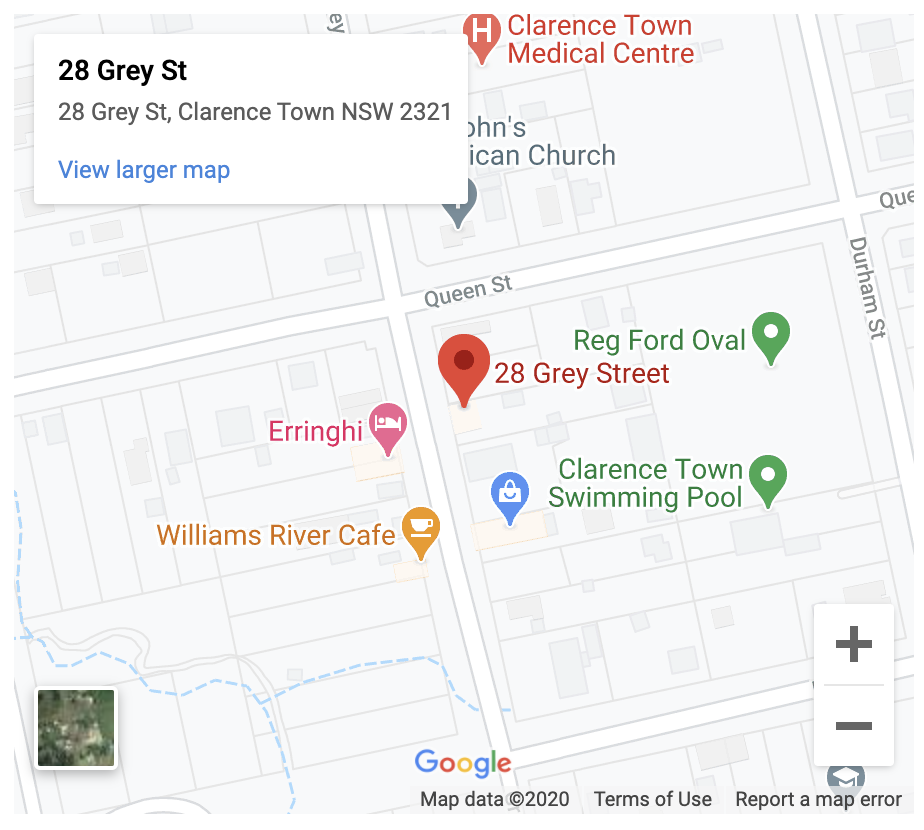Please call us to discuss an intestinal worming program for your pet.
Contact us
There are two broad categories of worms that may affect our pet dogs and cats, intestinal worms and heartworms.
Worming is one of the first health care issues pet owners need to address as pups and kittens are the most susceptible. As their name suggests, intestinal worms are parasites that live inside your pet’s intestines. These worms range in size from small to surprisingly large (up to 18cm in length). Regardless of their size however, they all have negative, and potentially deadly effects.
Most species of animal, as well as humans, can be infected with intestinal worms including dogs, cats, rabbits, horses, fish, birds and reptiles.
Common intestinal worms in Australian pets are:
If your pet has a large number of worms it may find it difficult to maintain body condition and it can lose weight. In some cases it can cause vomiting, diarrhoea and even anaemia (a low red blood cell level). Occasionally, heavy intestinal worm burdens can cause death.
Worms sometimes have complex lifecycles which involve a period of existence and development outside your pet. Understanding the life cycle of a specific worm is important so that strategies for treatment and prevention can be designed and implemented. For instance, some tapeworms need to pass through fleas to complete their lifecycle, so flea prevention is an important method of controlling tapeworms.
It is important to maintain a routine worming treatment for your pets, to reduce the incidence of infection and to reduce environmental contamination. There are many worming treatments available for the various worm infections that occur in our pets.These are available as tablets, spot-ons, or pastes. Re-infection is a common problem, particularly in pets that are in contact with a heavily contaminated environment. Another very important reason to worm your pets is to protect your family; as children in particular can become infected with certain dog and cat worms.
Below are some tips to consider regarding worm prevention:

Heartworm, or Dirofilaria immitis, is a parasite that is spread by mosquitoes, so you pet does not even need to be in contact with other pets to become infected!
Heartworm has a complicated life cycle. Infected dogs have microfilaria, an immature form of heartworm, circulating in their bloodstream. Microfilariae are sucked up by mosquitoes when feeding on the blood of infected dogs. The immature parasite develops into a heartworm larva inside the mosquito, then a single bite from a carrier mosquito can infect your pet (dog or cat). As the worms mature in the heart they can cause a physical blockage as well as thickening of the heart and associated blood vessels. In the earlystages of infection there may be no visible signs, however, infection may eventually lead to signs of heart failure (reluctance to exercise, lethargy, coughing) and even death. Heartworm is present throughout most of Australia (except Tasmania and arid areas).
Thankfully, heartworm is very easy to prevent and should form part of your pet health care routine. We have very effective preventative treatment options available including tablets, chews, spot-on's and even an annual injection for dogs administered by one of our vets. If your pet has not been on heartworm prevention we strongly recommend a heartworm test prior to starting a prevention program, followed by a repeat test 6 months after commencing.
Contact us and a member of our team will be in touch
Contact usWe service the following areas:
Clarence Town, Seaham, Glen William, Glen Martin, Glen Oak, Brookfield, Dungog, East Seaham, Eagleton, Nelsons Plains, Wallarobba, Wallalong, Booral, Girvan, Bulladelah, Stroud, Limeburners Creek, Hilldale, Gresford, Vacy, Duns Creek, Allworth, Hawks Nest, North Arm Cove, Pindimar, Karuah, Swan Bay. Paterson, Butterwick and The Maitland area.
